About the Lavelle Fund for the Blind
The Lavelle Fund for the Blind is a charitable grant-making foundation dedicated primarily to supporting programs that help individuals who are blind or visually impaired live independent and productive lives. While priority for direct service grants generally is given to programs in the greater New York metropolitan area, the Fund also considers grant requests with wider impact both nationally and internationally.
Our Work
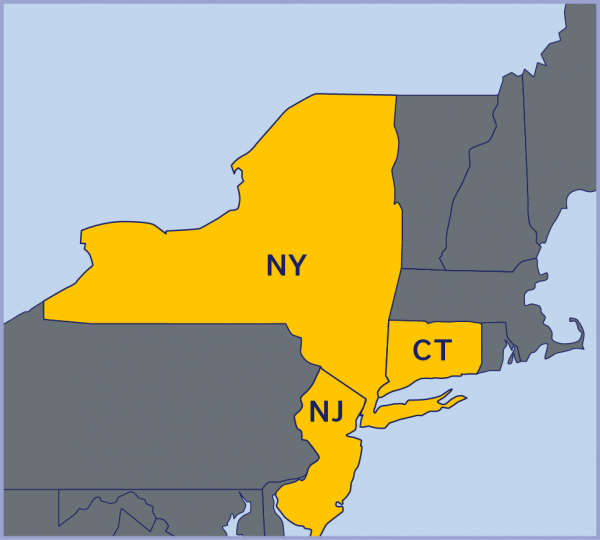 Of this grant total, $55.9 million has gone to organizations serving our home, Tri-State New York region.
Of this grant total, $55.9 million has gone to organizations serving our home, Tri-State New York region.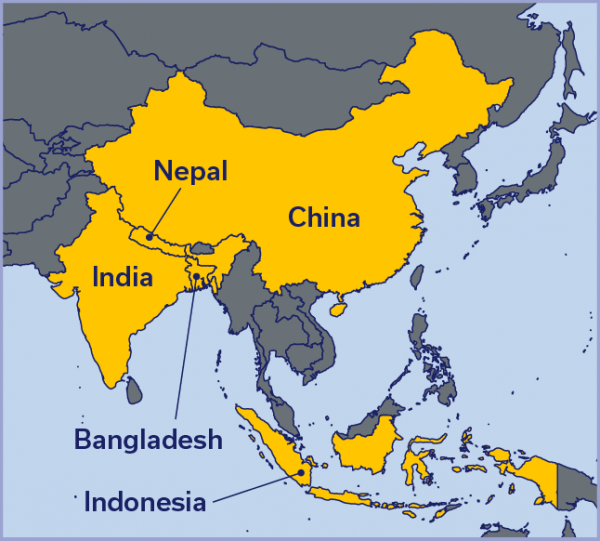 Our international grantmaking focuses predominantly on medical eye care training and delivery, and education for children with visual impairment and multiple disabilities.
Our international grantmaking focuses predominantly on medical eye care training and delivery, and education for children with visual impairment and multiple disabilities.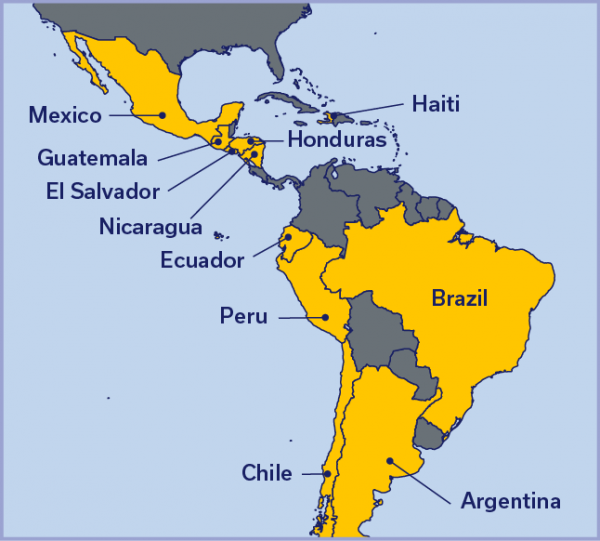 Latin America has been selected as our region of focus internationally with emphasis on building the foundation for sustainable eye care and quality education for blind and multiply disabled children.
Latin America has been selected as our region of focus internationally with emphasis on building the foundation for sustainable eye care and quality education for blind and multiply disabled children.Case Study Highlights
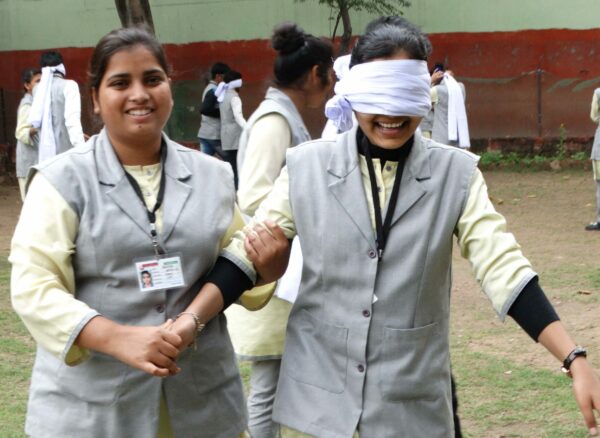
Courtesy of Dr. Shroff's
Dr. Shroff’s Charity Eye Hospital
With a four-year grant of $680,000, Dr. Shroff’s Charity Eye Hospital, an eye care system including hospitals, satellite clinics, and vision centers in the Uttar Pradesh region of India, set out to improve and expand eye care services to the surrounding areas in need.
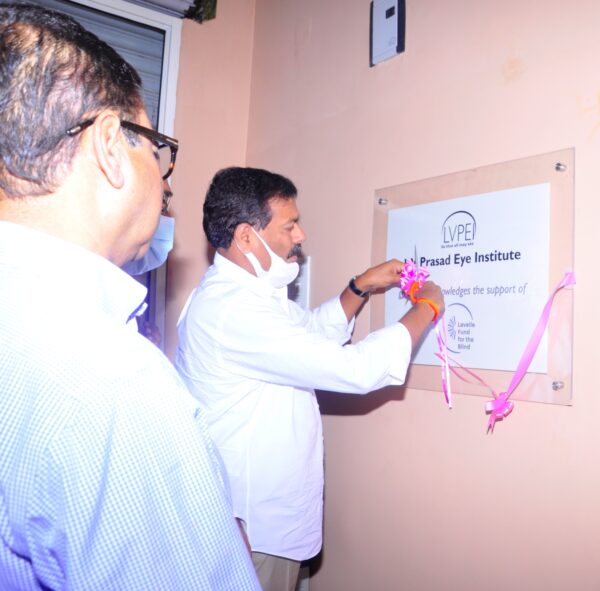
Courtesy of LVPEI
LV Prasad Eye Institute
Leveraging the support of a two-year grant of $180,620, the LV Prasad (LVP) Eye Institute in Southern India, a world-class eye care system providing services ranging from basic primary eye care to the most advanced specialized eye services, initiated an effort to upgrade 20 vision centers by providing them with IT-enabled ophthalmic equipment.
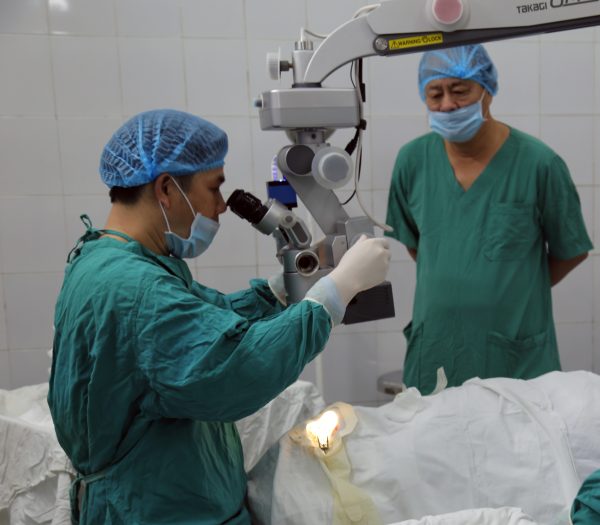
Courtesy of Fred Hollows Foundation USA
Fred Hollows Foundation
In January 2020, the Fund approved a 12-month grant of $50,000 to the Fred Hollows Foundation to support the provision of free or subsidized, high-quality cataract surgeries for 500 patients in the Greater Hanoi, Vietnam area by Alina Vision, a social enterprise eye hospital dedicated to reducing preventable blindness and visual impairment in Vietnam. A primary purpose of this grant was to help Alina Vision move toward breakeven through increasing revenues from sliding-scale fees.
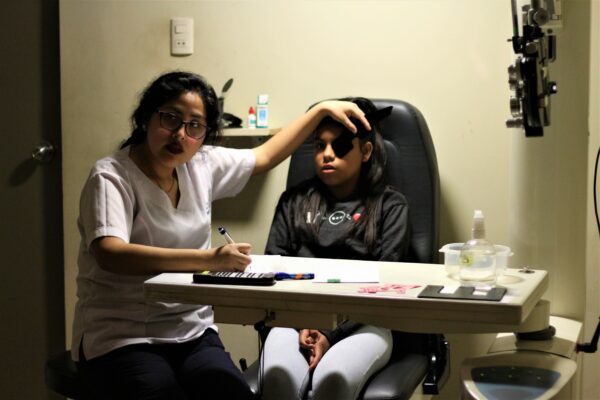
Courtesy of Seva Foundation
Seva Foundation
In January 2017, the Fund approved a three-year grant of $428,937 to the Seva Foundation, to help expand the capacity of two mentor eye clinics in Latin America-- Visualiza Eye Clinic in Guatemala City, Guatemala, and Divino Nino Jesus (DNJ) Eye Clinic in Lima, Peru-- to train Allied Ophthalmic Personnel (AOPs) through strengthened curricula.
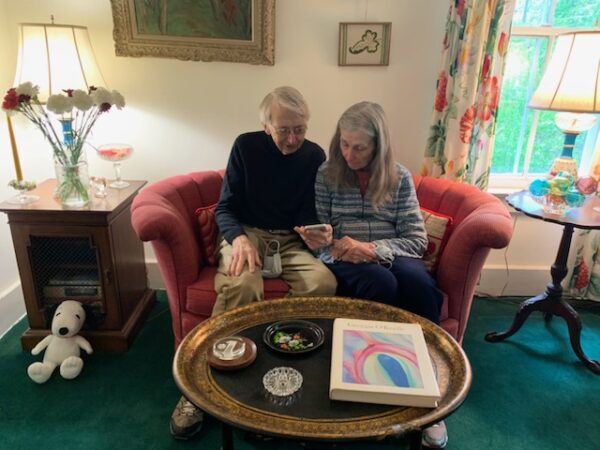
Courtesy of VISIONS
VISIONS / Services for the Blind and Visually Impaired
In January 2020, the Fund approved a three-year grant of $525,000 to VISIONS / Services for the Blind and Visually Impaired to build, deliver, and sustain: (1) comprehensive vision rehabilitation and low vision services for people of all ages who are blind or visually impaired in Westchester County, and (2) assistive technology and residential vision rehabilitation services for eligible residents of all Lower Hudson Valley Counties.
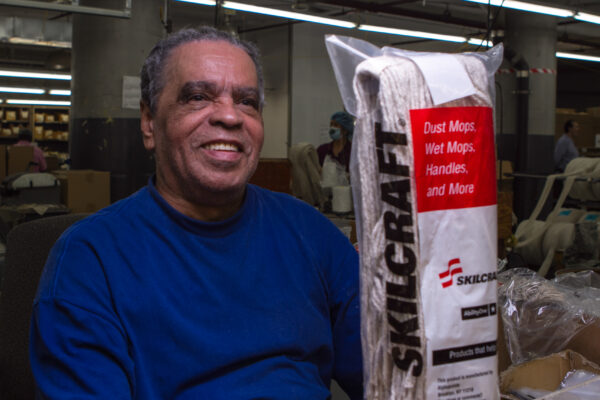
Courtesy of Alphapointe
Alphapointe
In October 2019, the Fund approved an 18-month grant of $294,000 to Alphapointe, a Kansas City-headquartered nonprofit that operates manufacturing and service businesses employing adults who are blind, to support the renovation of independent living training, meeting, and office spaces on the second floor of its new building in Queens; the purchase and installation of adaptive technology; and a portion of the staffing needed to provide adaptive training services in the new space.
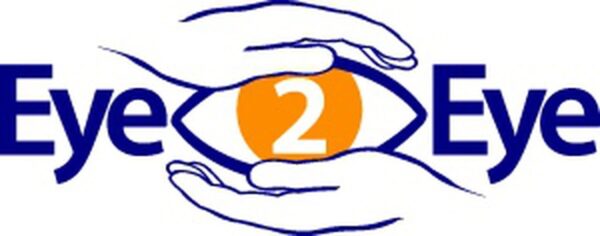
Courtesy of Rutgers, Eye2Eye
Rutgers University Foundation
In October 2017, the Fund approved a two-year grant of $365,604 to Rutgers University Foundation, to support Rutgers University Behavioral Health Care (UBHC) in launching a peer tele-support mental health program for New York City and Northern New Jersey residents who are blind or visually impaired. The project aimed to provide peer support services, to develop a clinical psychology referral network in NYC as well as within UBHC, and, to refer callers to professional mental health care and vision rehabilitation services.
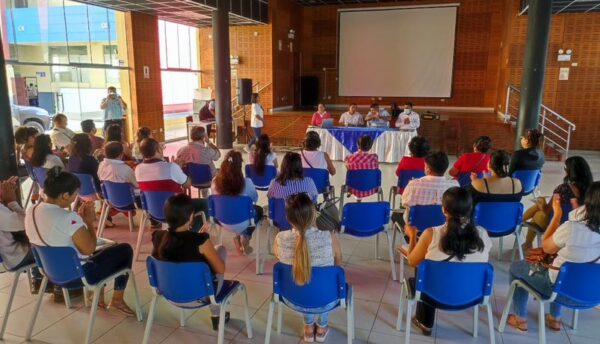
Courtesy of Sense Internacional Perú
Sense Internacional Perú
In January 2021, the Fund approved a two-year grant of $69,566 to Sense Internacional Peru (SIP) to work in partnership with Peru’s Ministry of Education to improve the quality of inclusive education for the nation’s children with deafblindness. SIP was to work on a number of fronts to promote the education of children who are deafblind, including identifying and assessing deafblind students, training teachers, providing family support and enhancing awareness of the right to quality inclusive education.
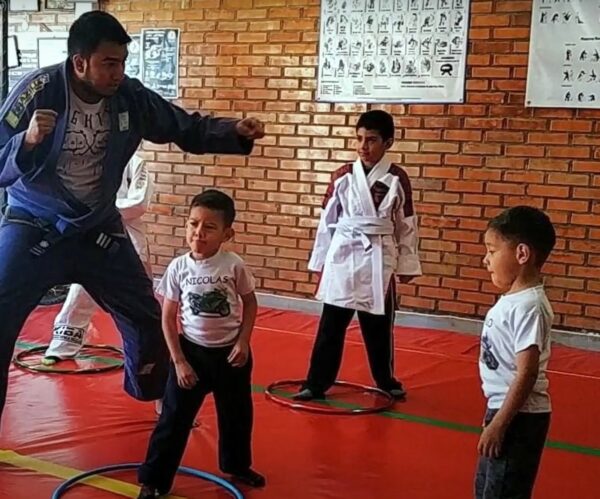
Courtesy of Perkins School for the Blind
Perkins School for the Blind
Since 2020, the Lavelle Fund has supported scholarships for special education teachers from Latin America to participate in the Perkins Educational Leadership Program (ELP) for advanced training in the education of blind children with multiple disabilities, program development and leadership.
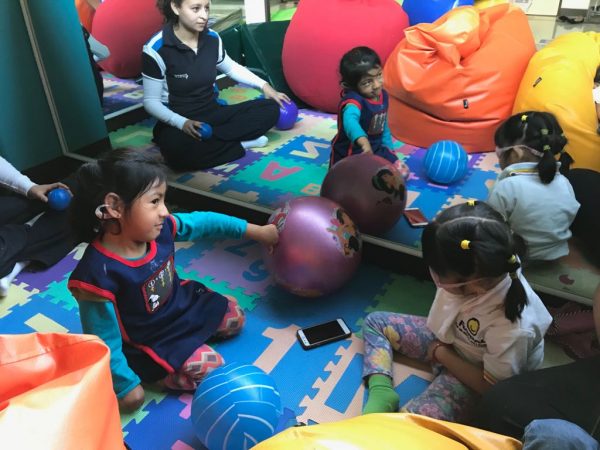
Courtesy of Perkins School for the Blind
Perkins School for the Blind
In 2016, the Fund approved a three-year grant of $330,062 to Perkins School for the Blind, the oldest school in the nation for children who are blind and multiply disabled, for two purposes: (1) building the capacity of Perkins’ Resource Center in Cordoba, Argentina, to strengthen the practice of K-12 teachers and schools that serve children who are blind and multiply disabled in targeted Spanish-speaking South American countries, and (2) helping to stabilize and strengthen the financial management of three model schools for such children in Sao Paulo, Brazil, and Lima, Peru.
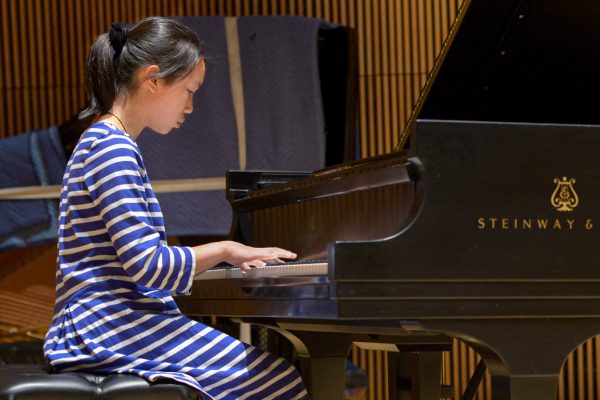
Courtesy of Filomen M. D’Agostino Greenberg Music School
Filomen M. D’Agostino Greenberg Music School
In 2019, the Fund approved a nine-month grant of $26,000 to the Filomen M. D’Agostino Greenberg (FMDG) Music School, a community music school dedicated to providing adaptive music instruction and performance opportunities to NYC area residents with vision loss. The purpose of the grant was to support the School’s 2019 sustainability planning, fundraising, and associated activities to preserve the School’s existence during its transition.

